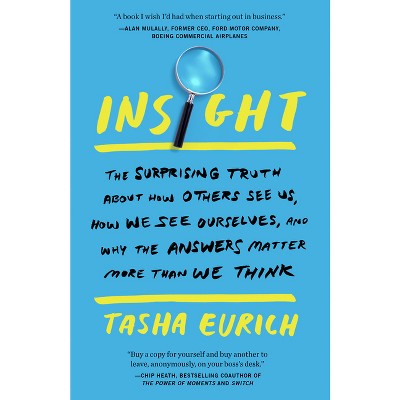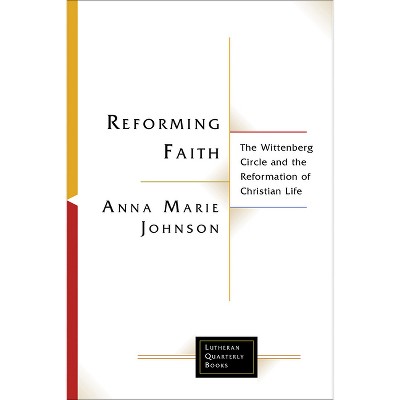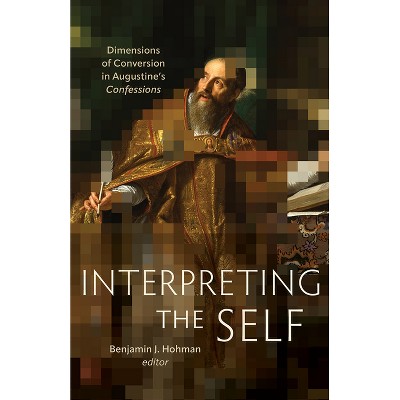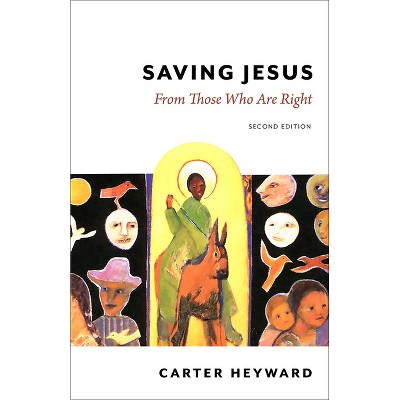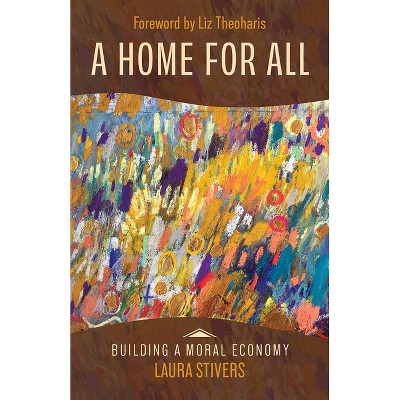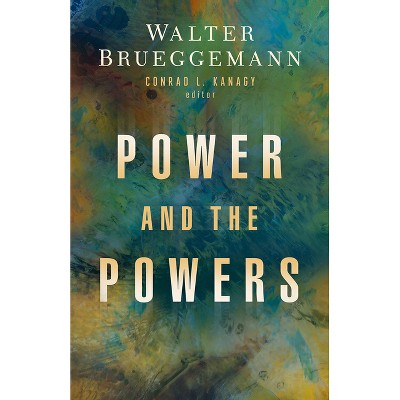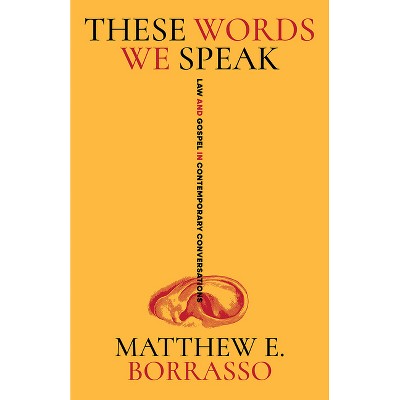Sponsored

Faith Alone - by Erik A Estrada (Hardcover)
Pre-order
Sponsored
About this item
Highlights
- Faith Alone investigates the post-apostolic debates over salvation and justification by faith alone.
- Author(s): Erik A Estrada
- 466 Pages
- Religion + Beliefs, Christian Theology
Description
About the Book
Faith Alone demonstrates that a vigorous debate took place from 100-700 CE on the topic of salvation by faith alone. This book may well lead its readers to change their minds about the precedents for the Reformation and open the possibility that these early Christian debates over faith alone directed the course of the early modern era.Book Synopsis
Faith Alone investigates the post-apostolic debates over salvation and justification by faith alone. Author Erik A. Estrada demonstrates that, contrary to the historical outlook of a good number of Catholic and Protestant historians and theologians, there were indeed conflicts within the Great Church (ca. 100-700 CE) over the question "After baptism, is faith alone enough to save the orthodox Christian?"
Demonstrating that there were such internal conflicts about justification by faith alone matters because most historians and theologians of church history believe that such debates only began with the reformations of the sixteenth century. Because of this misperception of early Christian history, historians and historical theologians have regarded the early orthodox church as having little, if anything, to say about the chief point of religious dispute during the early modern era, namely, "Is the Christian saved or justified by faith alone?" The unintended consequence of this prevalent view is that it is commonly believed that the early church had little role in shaping the reformations of the sixteenth century, especially on the topic of salvation by faith alone. One can thus study the Reformation with little background knowledge of ancient orthodox Christianity. Faith Alone, however, argues that there were indeed vigorous debates about faith alone within the walls of the orthodox church and that those debates continued past the early Christian era and into the early Middle Ages (ca. 600-1100 CE), where their records were left for later generations to ponder.
Shipping details
Return details
Frequently bought together





